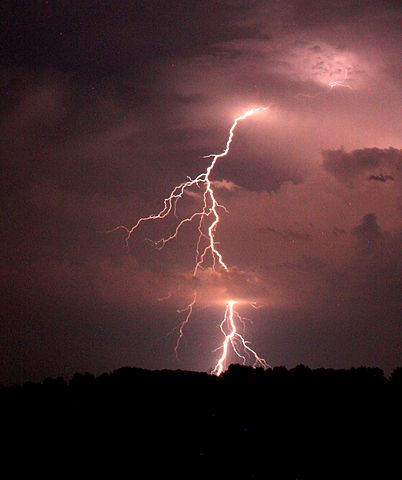Belief in the wrath of judgemental gods spurred the expansion of human societies, suggests a new study co-authored by New Zealanders.

The researchers interviewed hundreds of people from eight diverse communities around the world – including Vanuatu and Fiji – who practised a wide range of religions.
Studying people playing economic games, they found that the more an individual rated their god as being moralistic, knowledgeable and punitive, the more money they gave to strangers who shared their religion. They also showed that this behaviour was motivated by a belief in supernatural punishment, rather than reward, from the gods.
“These gods acted as a kind of social engineering so that people who believed in a morally-concerned god were more likely to follow the rules of the game and give money to their fellow believers over themselves and their village,” said author Associate Professor Quentin Atkinson from the University of Auckland’s School of Psychology.
The authors argue that the findings support the theory that religion is behind the expansion of human cooperation and societal complexity of human history.
The research is published today in the journal Nature. Read more about the study on Scimex.org.
The research has appeared in media in New Zealand and overseas. Examples include:
NewstalkZB: Religion makes people nicer to each other – study
New Zealand Herald: Fear of God: It’s what makes us nicer
Nature News: Anthropology: Hand of the gods in human civilization
New Scientist: Belief in punitive gods linked with expansion of human societies
Western Daily Press: Fear of punishment by all powerful gods has played key role in expanding human society